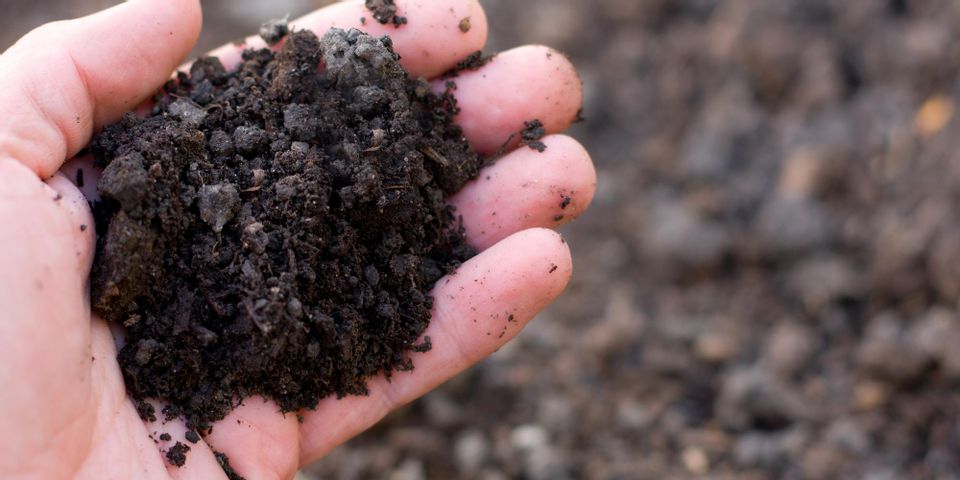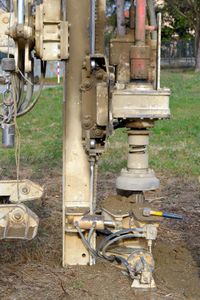What Is Soil Gas & What Impact Does it Have?

If you own a home, you should learn about the effects of soil gas and how to mitigate it. The main types of soil gases include oxygen, carbon dioxide, nitrogen, methane, radon, and pesticides. Aside from oxygen, these harmful gases can contaminate soil and groundwater, so it’s essential to conduct well monitoring to protect your drinking water supply. To learn more about volatile organic compounds, take a look at the guide below.
What Is Soil Gas?
Known as vapor intrusion, soil gas can enter your home through cracks in the foundation or infiltrate your well water supply. Vapor-forming chemicals in the soil can contaminate the air in your home and rise to dangerous levels. Sewers, drain lines and ventilation systems are all areas where soil gas can seep into your home.
Why Is It Notable?
Volatile soil gases, such as the ones listed as well as gasoline,  household solvents, and cleaners all pose a risk of causing serious health problems. Exposure could result in long-term heath effects, so it’s critical to have your soil analyzed in addition to groundwater sampling and well monitoring. Radon in particular is a deadly gas responsible for around 21,000 lung cancer deaths each year.
household solvents, and cleaners all pose a risk of causing serious health problems. Exposure could result in long-term heath effects, so it’s critical to have your soil analyzed in addition to groundwater sampling and well monitoring. Radon in particular is a deadly gas responsible for around 21,000 lung cancer deaths each year.
What Should You Do?
If you have concerns about vapor intrusion, you can contact a drilling company to take samples of your soil and assess the condition. It’s nearly impossible to remove all of the cracks and holes in your home’s foundation, so improving your ventilation system is a smart way to mitigate the presence of soil gases in your home.
To learn more about well monitoring, contact the specialists at GeoTek Alaska in Anchorage, AK. The drilling company has the specialized equipment needed to accurately collect and analyze soil and water samples throughout Alaska. To speak with a representative about their soil sampling, auger drilling, and well monitoring services, call (907) 569-5900 today. You can also visit them online for additional information about the company.
About the Business
(6 reviews)
Have a question? Ask the experts!
Send your question

